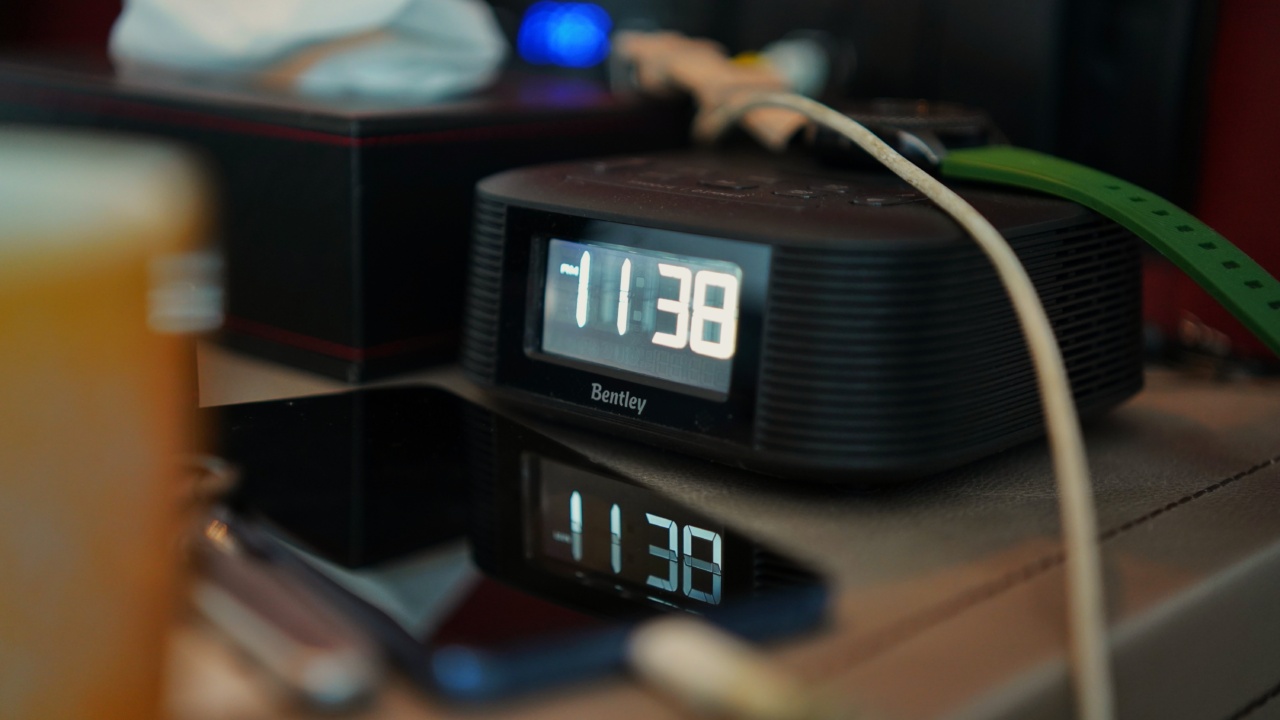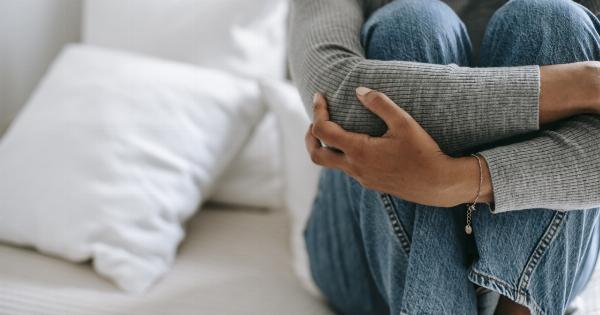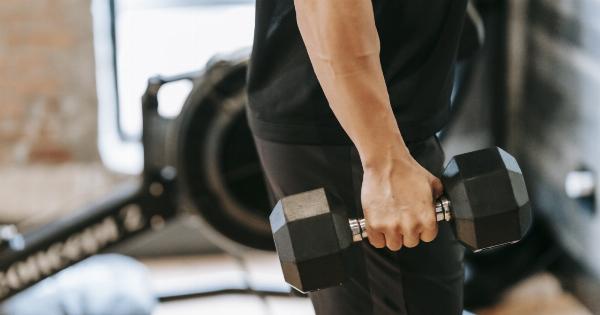For many women, periods can be a challenging time both physically and emotionally. However, there are ways to make the most of your time during your period.
With a little planning and some simple hacks, you can maximize your time and productivity even when you’re feeling less than your best. Here are some tips to help you manage your period and make the most of your time.
1. Prioritize Your Tasks
If you’re feeling tired or sluggish during your period, it’s important to prioritize your tasks. Start with the most important items on your to-do list and work your way down.
Tackle the tasks that require the most focus and energy first thing in the morning when you have the most energy.
2. Take Breaks
While it’s important to prioritize your tasks, it’s also essential to take breaks during your period. Schedule regular breaks throughout the day to stretch, take a quick walk, or simply take a few deep breaths.
This will help you recharge and refocus, so you can be more productive and effective.
3. Get Enough Sleep
Getting enough sleep is important all the time, but it’s especially crucial during your period. Your body is working hard during this time, and it needs plenty of rest to recharge and recharge.
Try to aim for at least 7-8 hours of sleep each night to ensure that you’re well-rested and ready to take on the day.
4. Stay Hydrated
Drinking plenty of water is essential during your period. It can help flush out toxins, reduce bloating, and keep your body hydrated. Aim to drink at least 8-10 glasses of water each day.
You can also add in herbal tea or other hydrating beverages to mix things up. Try to avoid drinks with caffeine, alcohol, or added sugars, which can worsen your symptoms.
5. Eat a Balanced Diet
Eating a balanced diet is crucial during your period. Your body needs the right nutrients to function properly, and eating the right foods can help reduce symptoms like cramping and mood swings.
Aim to eat plenty of fruits, vegetables, whole grains, and lean protein. You can also add in foods that are high in iron, like spinach, beans, and nuts, to help replenish your body’s stores.
6. Use Heat Therapy
Heat therapy is a simple and effective way to relieve cramps and other period-related symptoms. You can use a heating pad, hot water bottle, or even a warm towel to ease pain and discomfort.
Simply place the heat source on your lower abdomen for 15-20 minutes at a time. You can use heat therapy as often as needed throughout the day to reduce symptoms.
7. Get Moving
Exercise can be beneficial during your period, as it can help reduce cramps, improve mood, and boost energy levels. Aim to do low-impact activities like walking, yoga, or swimming. You can also try stretching or doing light strength-training exercises.
Just be sure to listen to your body and don’t push yourself too hard.
8. Use Natural Remedies
There are many natural remedies that can help alleviate symptoms of periods. For example, ginger tea has anti-inflammatory properties that can help reduce cramping. Similarly, chamomile tea can help reduce stress and anxiety.
You can also try aromatherapy, using essential oils like lavender or peppermint, or taking a relaxing bath to reduce symptoms.
9. Manage Stress
Stress can worsen symptoms during your period, so it’s important to manage it effectively. Try to incorporate stress-reducing activities into your day, like meditation, deep breathing, or reading.
You can also talk to a friend or therapist about your feelings and emotions. By managing stress, you’ll be able to reduce symptoms and feel better overall.
10. Take Time for Self-Care
Finally, don’t forget to take time for self-care during your period. This can mean different things for different people, but it’s important to prioritize activities that make you feel good and help you relax.
Take a relaxing bath, read a book, or indulge in your favorite comfort food. By taking time for self-care, you’ll be able to recharge and feel better overall.
With these tips and hacks, you can make the most of your time during your period.
By prioritizing your tasks, taking breaks, getting enough sleep, staying hydrated, eating a balanced diet, using heat therapy, exercising, using natural remedies, managing stress, and taking time for self-care, you’ll be able to reduce symptoms and feel better overall.





























